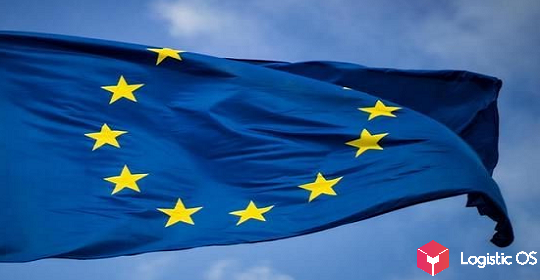Every second entrepreneur who took out a loan on preferential terms eventually regrets his decision.
According to the survey, which was attended by 1,300 representatives of small and medium-sized businesses, only a third of companies experience no financial difficulties after the pandemic.
And about 12% say that they hardly keep afloat.
As for preferential “coronavirus” loans from the state at 2%, 57% of respondents believe that these loans only made the situation worse.
In most cases, they were taken for the following needs:
Payment of salaries — 20%.
Payment of wage arrears — 12%.
Office rental payment — 14%.
Maintaining business viability — 10%.
Business expansion — 15%.
In other words, mostly borrowed money was spent on keeping the company in a “mothballed” state: not to fire people and not to close the office.
At the same time, during the coronavirus restrictions, the company could not operate at all and not receive income.
As a result, debts accumulated, and how and where to pay them off is not very clear. After all, if you endlessly borrow on the security of «future income», then you can go completely bankrupt.
And even if an enterprise was able to open, then in a small and medium-sized business, monthly revenue is often comparable to the monthly cost of paying salaries.
It is therefore not easy to recoup the costs of these payments in a few months of downtime.
Will you manage to write off concessional loans?
April 1, 2021 was for some the moment of the «credit amnesty».
According to the law, those who received a soft loan at 2% and fulfilled a number of requirements in the period from June to March are entitled to a full write-off of the loan.
Among the main conditions is the retention of at least 80% of employees and the payment of wages to them at the level of at least the minimum wage throughout the entire term of the loan; no wage arrears or bankruptcy.
A write-off can be not just good news, but the only hope for small and medium businesses to get out of debt.
According to the law, the bank is obliged to write off the loan in full (body + interest) if the borrower meets all the conditions.
To date, a significant number of companies have received such “forgiveness of sins”. For example, Sberbank wrote off loans to 140 thousand borrowers on April 1.

